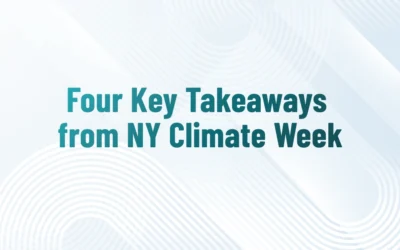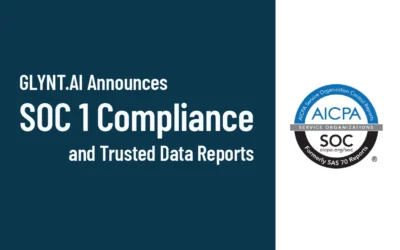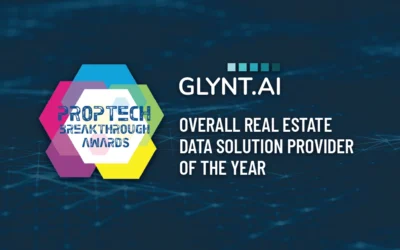This is Part 1 in a two-part series. Our view is that March 2022 will be seen as the key month, when cleantech and digital climatech became imperatives. Gone is the nice to have. Climate solutions, and great data about emissions reductions are now a must-have.
This week Steven Lacy of Canary Media noted a huge shift in how policy makers are viewing climatech:
“President Biden came into the White House promising to use climate solutions as his main tool for raising wages, revitalizing infrastructure and tackling inequality.
But almost overnight, that framing changed from transforming the American economy to protecting consumers.”
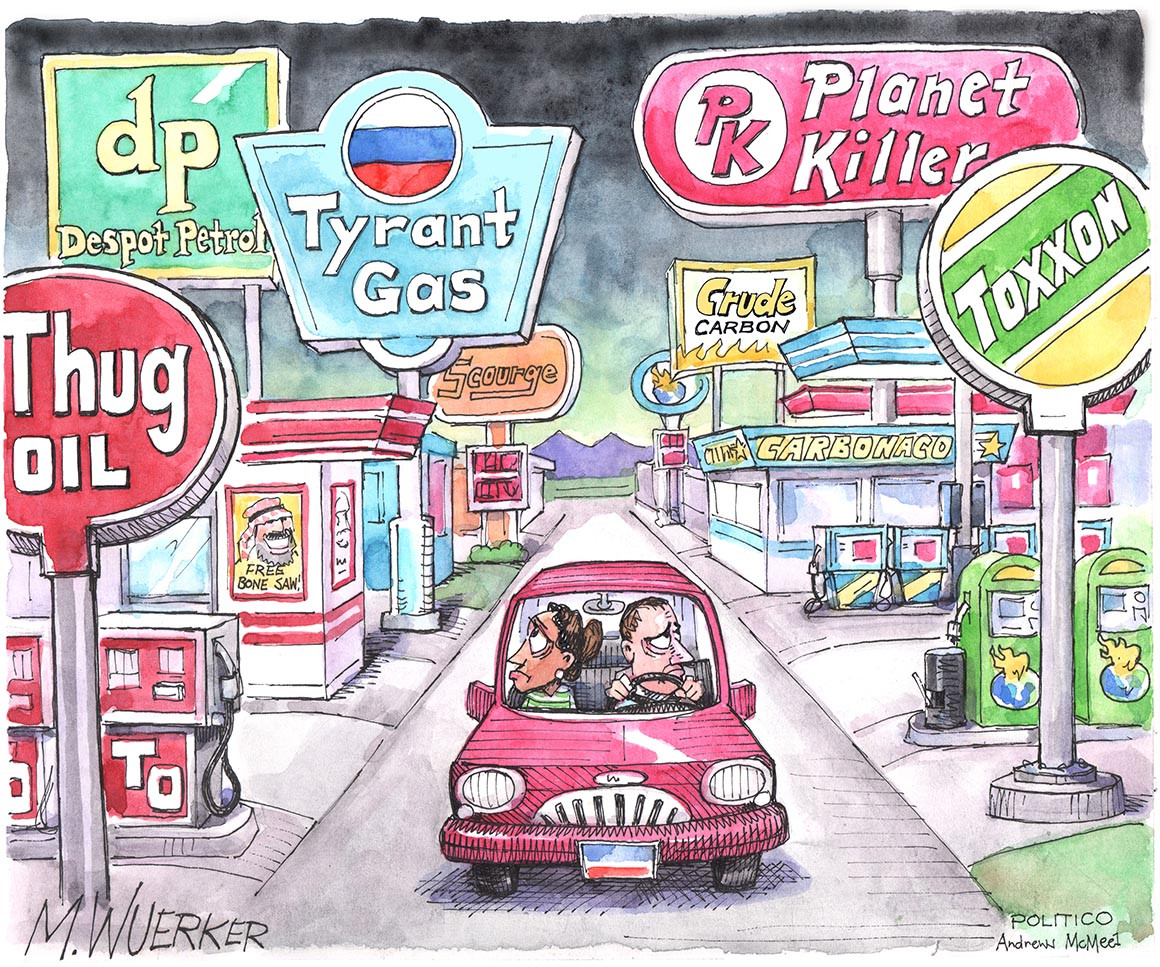
Let’s take a look at the logic behind this transformation. With the Ukrainian war, European nations have announced they will stop importing Russian natural gas, and are fast shifting to other energy supplies.
Energy prices are set globally, so policy makers have to think through a multiple step process to reduce inflationary pressures at home:
• The US wants to sell more natural gas to Europe
• To avoid a higher price of natural gas, reduce demand in the US
• Also substitute cleantech alternatives in the US (solar, wind batteries)
Cleantech is now an instrument of national security policy!
And it’s no surprise policy wonks are calling for energy-saving tech, such as Heat Pumps for Peace in the Ukraine and Electrify for Peace and Prosperity.
The good news is that we’re talking about shifts on the margins, which is a much smaller change than you might expect. Last year, more than 80% of the additions to US energy capacity came from renewables. So we need more of that. And last year Russia accounted for about 10% of the world’s energy supply. If the US replaces one-fourth of that, we need to add 2% to the world’s energy supply. That’s about 8% of the US energy consumption last year.
The bottom line: If we can cut natural gas consumption by 8% in the US through reductions in demand or changes to new cleantech sources, and ship that gas to Europe, we won’t see significant natural gas price hikes and we’ll be using our cleantech policies as a weapon against the Ukrainian invasion.

Need high-quality, verifiable data to track your energy use and reductions? Talk to GLYNT.

